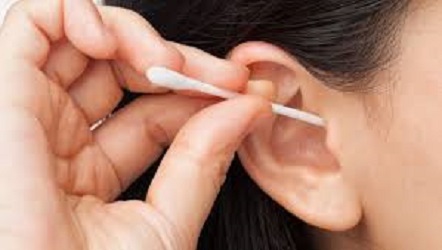
The No. 1 job of that yellow, gooey stuff inside your ears is to keep them healthy. Earwax stops dust, dirt, bugs, and other crud from getting into your ear canal. It also protects ears from infection.
You should not put a cotton swap or anything else into your ear. If the object is pointed, it can puncture your eardrum and damage the small bones inside your ear. You want to be sure and not push the wax farther in. This could cuase it to harden and cause pain and hearing problems.
You should not remove the ear wax unless it is brown or black or white and faljy. This could be a sign of an infection in your ear.
You make be wondering where the ear wax is made. The outer third of your ear is a 3-centimeter tunnel. The skin in it has special glands that make earwax.
So what is the best way to move old wax out of your ear. Well guess what every time you chew or move your jaw, you are helping old earwax from your ear canal to your ear opening. The wax will then dry and fall out on its on.
If you still feel like you have too much earwax, try using hydrogen peroxide, ear drops, mineral oil, or saline solution inside your ear. These will help dissolve the wax or soften it. You can mix hydrogen peroxide and water equally and put 5 drops in your ear each night. Lie on your side and the the solution soak in.
Eczema can make your skin dry and flaky, and dry skin can make your earwax hard. Wax that has been in your ear for a long period of time can pick up a lot of dirt that makes it become hard.
We hope this information was helpful. Remember for all those minor illnesses or injuries, We at On Call Medical Clinic are here 7 days a week to help. Please visit our website at www.oncallclinic.com to learn more about all the medical services we offer as well as skin care treatments.


